THE EFFECT OF GOVERNMENT SPENDING ON THE ECONOMY IN 2023
“Is government spending the key to economic prosperity or a pathway to financial ruin? In 2023, the debate continues as the world watches the impact of government spending on the global economy.”
KEY TAKEAWAYS
- Government spending is critical for boosting economic growth by boosting demand and generating employment.
- Discretionary spending, mandated spending, and transfer payments are only a few examples of the many types of government spending.
- Depending on variables, including the volume and type of spending, government spending may benefit or harm the economy.
- Excessive government spending may lead to inflation, reducing the currency’s value and buying power.
- Government spending on infrastructure, education, and healthcare may lead to long-term economic growth and development.
- Opponents of government spending claim that it may lead to a large national debt, reduce incentives for private investment, and result in economic inefficiency.
INTRODUCTION
Government spending is essential to every economy and greatly impacts economic growth and development. Governments all across the globe utilize spending as a tool to generate employment, increase demand, and promote economic growth. As policymakers deal with the continued economic issues provided by the COVID-19 pandemic, the impact of government spending on the economy will continue to be debated and discussed in 2023.
“government spending” refers to the sums of money the government allocates for a wide range of services and projects. Other ways to categorize this spending include discretionary, required, and transfer payments. Discretionary spending refers to government spending not required by law, such as funding for infrastructure projects, national security, and research & development. Mandatory spending, on the other hand, refers to government spendings mandated by law, such as funding for social security and Medicare. Finally, payments the government provides citizens, such as welfare and unemployment benefits, are transferred.
Economists and policymakers debate the impact of government spending on the economy. However, government spending proponents say it may stimulate economic growth by generating more demand and employment. For instance, if the government invests in transportation infrastructure like roads, bridges, and public transit systems, it may boost the economy by providing employment for construction workers and engineers and improving the quality of life for all citizens.
Government spending may also support important sectors like healthcare, education, and technology. Government spending may support public health activities like immunization campaigns and research and development for new treatments and cures. Government spending may support the workforce’s development of skills and knowledge, leading to higher productivity and innovation in the education sector. Government spending may support the development of new technologies and the growth of creative start-ups.
According to those who oppose it, government spending may negatively impact the economy. For example, excessive government spending may lead to inflation, which can undermine the value of the currency and lower buying power. Government spending, according to detractors, may also lead to a huge national debt, dampen private investment enthusiasm, and create inefficiencies in the economy.
As countries throughout the globe deal with the economic effects of the COVID-19 epidemic, the impact of government spending on the economy will continue to be a major subject in 2023. Governments have boosted spending in several countries to support those affected by the outbreak.
GOVERNMENT SPENDING
Government spending is the sum of money a government allocates to its programs, services, and projects. There are three basic types of spending to consider: discretionary, mandated, and transfer payments.
Spending that is not required by law and that the government may alter each year is known as discretionary spending. Programs like the military, education, research and development, infrastructure projects, and other government services are all funded by this type of spending. For example, funding for creating new educational programs and constructing new schools are two examples of discretionary spending in the education sector. Likewise, funding for the building of roads, bridges, and mass transit systems are examples of government spending in the infrastructure sector.
Mandatory spending, on the other hand, is spending that is mandated by law but is not subject to yearly appropriations. Funding for government programs like Social Security, Medicare, and Medicaid falls under this spending category. These programs, supported by payroll taxes and other income streams, are intended to provide social insurance and healthcare to residents. As a result, required spending may significantly impact the economy and can be a major contributor to government debt.
Last but not least, transfer payments are sums of money given by the government to citizens. Unemployment insurance, welfare, and subsidies are only a few examples of the types of payments that might be issued. Transfer payments are a type of social assistance and are designed to help those in need.
Examples of government spending in many areas include funding for public education, which may significantly impact economic development by increasing the skills and knowledge of the workforce. In addition, infrastructure investments significantly impact economic development by enhancing transportation networks and making it simpler for companies to transfer goods and services.
Government spending in the healthcare sector may promote research and development for novel treatments and cures while providing residents with healthcare services. In addition, investment in the technology sector may also significantly impact economic growth by fostering the development of new technologies and cutting-edge start-ups.
Ultimately, government spending plays a key role in the economy and may have good and bad consequences depending on employment. As policymakers seek strategies to sustain economic growth and development in the aftermath of the COVID-19 epidemic, the impact of government spending on the economy will be a hot issue of discussion in 2023.
THE ROLE OF GOVERNMENT SPENDING IN THE ECONOMIC GROWTH
Economists and policymakers have long contested the complex link between government spending and economic growth. Although some believe that government spending may positively impact economic growth, others contend it can be detrimental.

Photo: economicshelp
Government spending has the potential to impact the economy in several different ways. For instance, when the government spends money on infrastructure projects like constructing roads and bridges, it may create employment and increase economic activity. In addition, government spending on education, research, and development may also increase employee knowledge and skills, leading to increased productivity and economic growth.
Government spending impacts economic growth in several ways, one of which is its impact on GDP (GDP). One of the most important indices of economic growth is GDP, which measures the value of goods and services generated in a nation. When the government spends money on goods and services, it may increase demand, which can lead to an increase in output and, eventually, an increase in GDP.
Spending by the government might also have an impact on employment numbers. For instance, the building industry may benefit when the government spends money on infrastructure projects. In addition, the number of skilled people in the economy may increase when the government spends money on education, research, and development, leading to increased employment levels.
Government spending may sometimes have a detrimental impact on significant economic growth. For instance, if the government spends money on ineffective programs or services, it might save resources and increase the economy’s productivity. In addition, if the government spends more money than it brings in from taxes and other income sources, it may lead to a budget deficit, which can negatively affect the economy.
In conclusion, the influence of government spending on economic growth is a complex and multifaceted subject. It is important to carefully consider the allocation of government spending to ensure that it is used effectively to support significant economic growth and development, even though it can positively impact GDP, employment, and other important indicators. To build policies promoting sustained economic growth and development in 2023 and beyond, policymakers must weigh the advantages of government spending against its possible downsides.
TYPES OF GOVERNMENT SPENDING
Several types of government spending exist, each of which may have a distinct impact on the economy. For politicians, economists, and citizens alike, it is essential to understand these many types of government spending better to understand government policies impact on the economy.
Transfer payments are the first type of government spending. These are payments given by the government to individuals or groups of people, such as Social Security checks or unemployment compensation. Transfer payments directly impact the economy since they can raise people’s disposable income and promote consumer spending, enhancing economic growth.
Government spending of the second type is subsidies. The government subsidizes firms or industries to support their operations or activities. For instance, the government could provide subsidies to businesses that are creating new technology or farmers to assist them in paying the expenses of growing crops. Due to their ability to support important businesses, subsidies may impact the economy.
Purchases of goods and services make up the third type of government spending. This includes spending on things like infrastructure, education, and the military. When the government spends money on goods and services, it may profoundly impact the economy. This is because it can lead to the creation of new employment, an increase in economic activity, and an enhancement of the standard of living for its citizens.
Interest payments on debt are the fourth type of government spending. The government must pay interest on any money borrowed to fund its operations. Interest payments may harm the economy because they can take money away from investments in productive activities and other areas of government spending.
Grants are the fifth type of government spending. The government grants groups and individuals for various projects, including community building and research. Since they may support innovation and boost economic activity in certain industries, grants can benefit the economy.
In conclusion, understanding the various types of government spending is crucial for policymakers, economists, and citizens who wish to understand the impact of government policies on the economy. Although certain types of government spending, like transfer payments and subsidies, may favor economic development, others, like interest payments on debt, can have a negative impact. To support sustainable economic growth and development in 2023 and beyond, policymakers must carefully assess how to allocate government spending.
POSITIVE IMPACT OF GOVERNMENT SPENDING ON THE ECONOMY
When properly allocated, government spending may have several beneficial economic consequences. The stimulus it may provide to economic growth is one of the key advantages of government spending. The government may utilize its spending power to boost demand for goods and services, encouraging companies to grow and add employees.
Government spending is beneficial when the economy is struggling or experiencing a crisis. Private investment often decreases, and unemployment increases during economic downturns. The government may invest additional spending on infrastructure projects, helping failing enterprises, and creating safety nets for the unemployed.
These immediate gains are only the tip of the iceberg regarding the positive impact that government spending may have on the economy. For example, investments in areas such as education, healthcare, and R&D may lead to a more productive and inventive labor force, which can stimulate economic expansion.
Government spending may also lead to increases in social welfare and equality. The government may help alleviate poverty and inequality by funding social services like affordable housing, healthcare, and education, which can positively impact economic growth.
The economy may benefit from government spending in general. Spending by the government may contribute to a more affluent and equitable society in several ways, including generating demand for goods and services, assisting during economic downturns, and investing in long-term growth.
NEGATIVE IMPACT OF GOVERNMENT SPENDING ON THE ECONOMY
Depending on how it is handled, government spending may benefit and negatively affect the economy. For example, inflation and the national debt are two of the major negative effects of government spending on the economy.
Inflation is a general increase in the price level of goods and services in an economy over time. There are many potential explanations, but an increase in the money supply is a major one. When the government spends more than it collects in tax income, it might increase the money supply, leading to inflation. This may increase the cost of products and services, lower consumer spending power, and ultimately lead to a decline in economic activity.
The national debt is another negative consequence of government spending. When the government spends more money than it collects in income, it must borrow the difference. This may eventually lead to a large national debt, which might have negative economic effects. A large national debt may lead to increased interest rates, which can increase the cost of borrowing for both people and corporations. Future generations may be pressured to pay off the debt, and the government may need help to react effectively to economic crises.
In conclusion, it is crucial to consider both the good and negative effects of government spending on the economy. Furthermore, to preserve long-term economic stability, inflation, and the national debt must be properly handled since they may negatively affect the economy.
IMPACT OF SPENDING ON THE ECONOMY
A significant topic of interest for policymakers and economists alike is how government spending affects various sectors of the economy. Healthcare, education, infrastructure, defense, and social services are just a few of the sectors that government spending may significantly impact.
Increased investment is one of the main effects of government spending on these sectors. When the government invests in these sectors, it may lead to employment, increased economic activity, and a more productive workforce. For instance, government infrastructure spending may lead to building bridges, roads, and other infrastructure projects. In addition to enhancing transportation networks and boosting productivity, these projects also provide employment and promote economic activity in the near term.
Similarly, significant long-term gains might result from government spending on healthcare and education. When the government invests in healthcare, it may improve patient outcomes and lower healthcare expenditures. Government spending on education may also lead to a knowledgeable and competent workforce, which is crucial for economic expansion.
In other sectors, government spending might also have a detrimental effect. For instance, excessive government spending may lead to inflation, which is bad for both comp and people. In addition, government spending on certain sectors might lead to a reallocation of resources away from other ones. For instance, increased spending on defense may result in reduced funding for social services and education funding.
In conclusion, government spending significantly influences several sectors of the economy. Although increased government spending may lead to economic development and better results in certain sectors, policymakers must carefully weigh the advantages against the possible drawbacks, such as inflation or a large national debt. A well-planned and implemented government spending strategy may be crucial for fostering economic growth and development. Still, it must be carefully managed to achieve the greatest results for all sectors of the economy.
CRITICISM OF GOVERNMENT SPENDING ON THE ECONOMY
Government spending may have favorable effects on the economy; however, there are also criticisms of the practice. One typical complaint is that government spending may lead to wasteful resource utilization. The argument is that when the government spends money, it is not subject to different market dynamics than private firms. As a result, it’s possible that government spending isn’t going toward the most worthwhile endeavors.
Government spending may lead to a crowding-out effect, according to another critique. This happens when the government borrows money to finance its spending, which may increase interest rates and decrease private investment. This may eventually lead to slower economic development and reduced productivity.
Government spending may lead to inflation, according to some detractors. As the government injects more money into the economy, prices may increase as the demand for products and services grows. This might be especially troublesome if the price increase is within the increase in earnings or salaries.
Moreover, many worry that excessive government spending might lead to a dependency on government assistance. Since they may grow dependent on government services for survival, this might lead to a lack of incentive for people to work and create.
Lastly, some detractors say government spending might lead to the high national debt. The national debt increases when the government borrows money to finance its spending. The debt must be paid back with interest, which might be problematic in the long run. A high national debt may also lower a country’s credit rating, making it more costly for the government to borrow money in the future.
Although government spending may have good effects on the economy, it has yet to be without criticism. According to detractors, government spending may lead to inefficiency, crowding out, inflation, dependency, and high national debt. Therefore, policymakers must weigh the pros and downsides of government spending and find ways to balance them.
CONCLUSION
Throughout this post, we have examined the many facets of government spending and its effects on the economy in 2023. The concept of government spending and its categories, the role of government spending in economic growth, the many forms of government spending, and the positive and negative effects of government spending on the economy have all been covered.
One of the most important things to take away from this discussion is that government spending may be an important tool for promoting economic growth and lowering unemployment, particularly in times of recession or crisis. Yet, excessive government spending may result in inflation and a large national debt, negatively affecting the economy.
We have also looked at how government spending might impact many sectors of the economy, such as education, infrastructure, and healthcare. Although certain sectors may benefit from greater government spending, others may see little to no change or negative effects.
It is important to highlight that others argue that government spending does not benefit the economy as much as other measures, such as tax cuts or deregulation. Some, however, think that government spending may be useful for fostering economic growth and minimizing inequality.
The impact of government spending on the economy will continue to be an important issue of discussion in the future. To make choices that encourage long-term economic growth and prosperity, policymakers must carefully weigh the advantages and downsides of government spending as they analyze different spending proposals and economic recovery programs.



















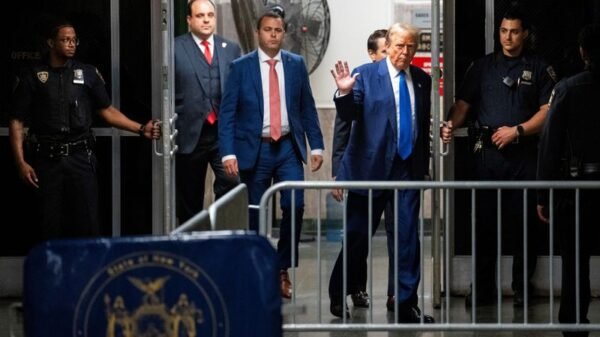






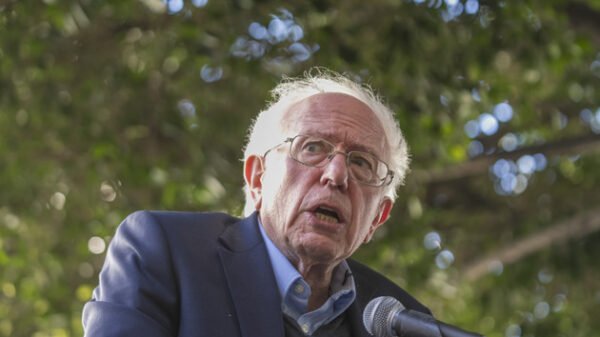

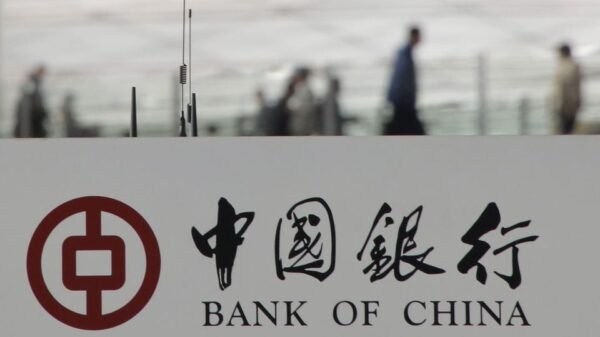

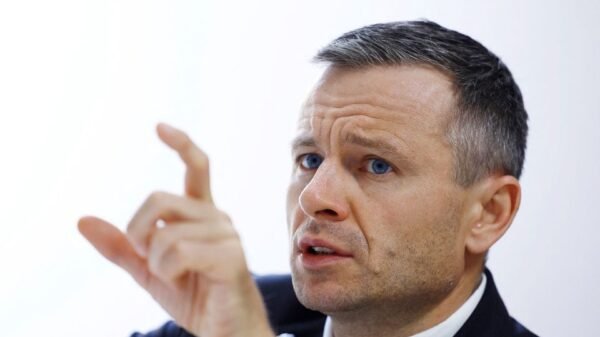
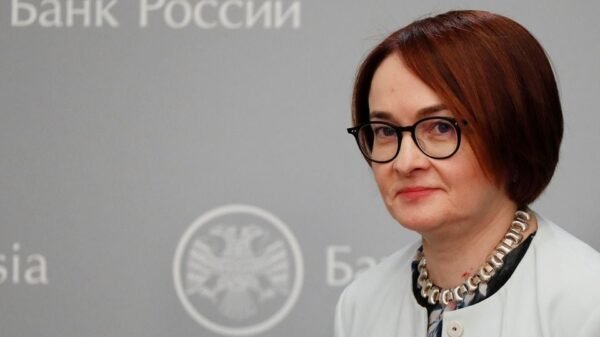

























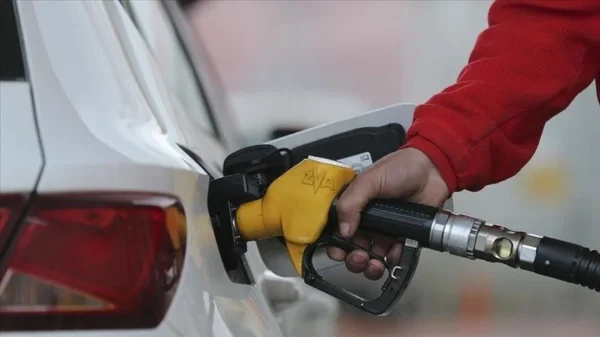



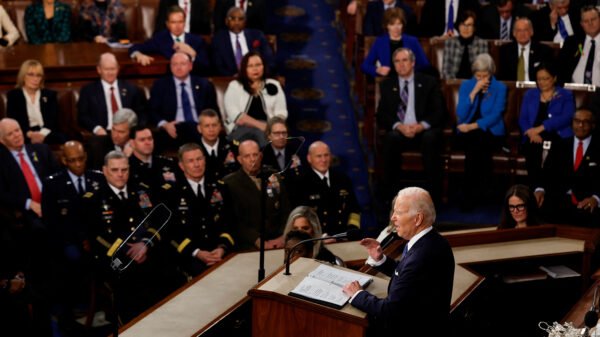
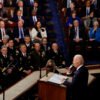
Comment Template